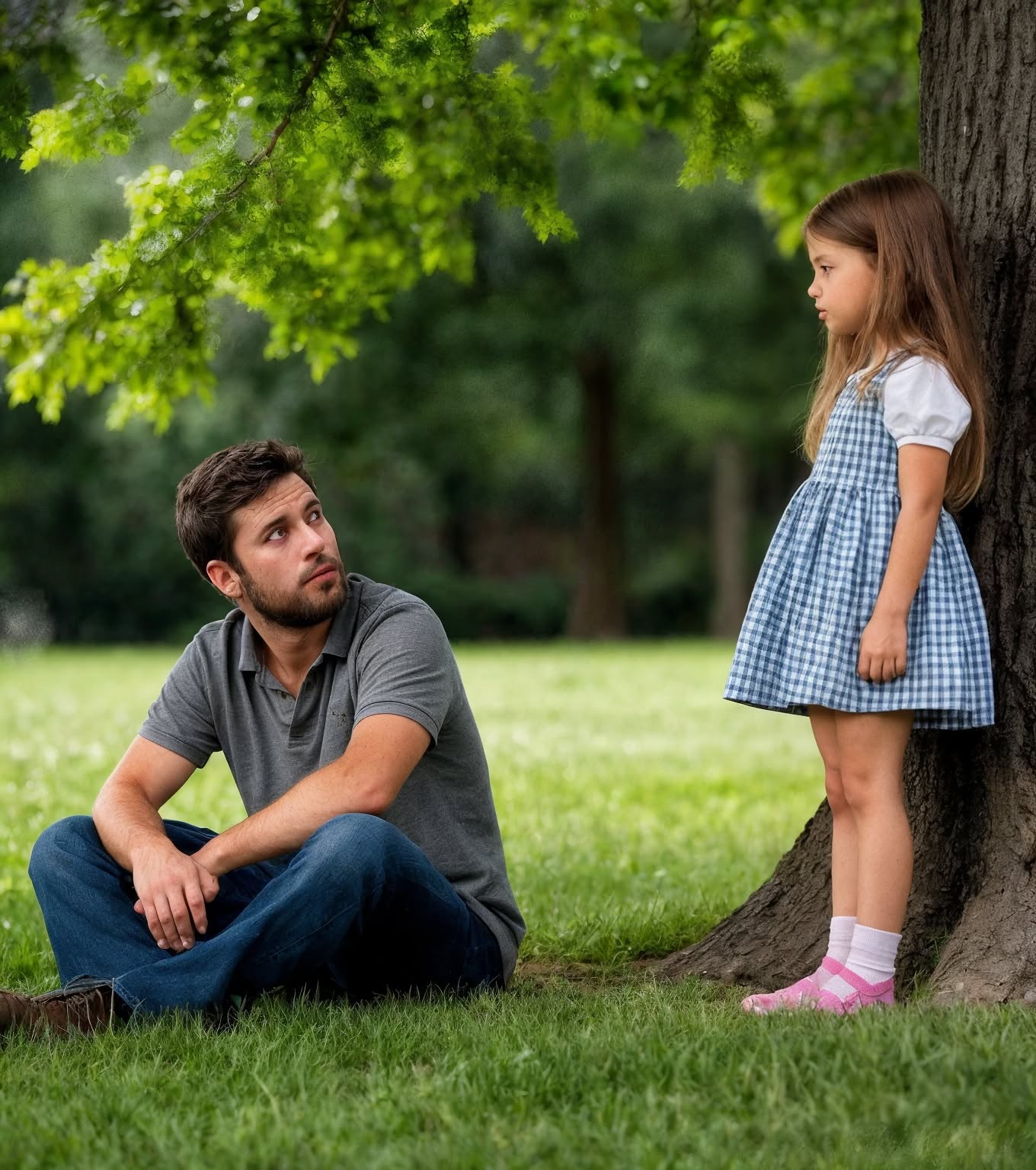Matvey braked abruptly, as if something had suddenly alerted him. How many times had he planned to come here? Neither in life nor after her death had he found the time. Always busy, important, now it felt unbearable. Remembering what had once been made him nauseous.
It had taken a real electric shock: something capable of shaking his soul to the point of pain to make him understand that the whole world he had built around himself was nothing more than an illusion. No word, no gesture had any weight or meaning.
How ironic: he even thanked Natasha, his ex-wife, for destroying that glass castle. In an instant, everything had collapsed. The ideal family that everyone considered authentic had been revealed as false. So many feelings, so many promises: and yet, nothing.
His wife, his best friend… And that whole circle of “friends” who knew everything and preferred to keep silent. It wasn’t just a collapse: it was the death of a world. Everyone around him turned out to be a traitor.
Just after the divorce, Matvey returned to his hometown. It had been eight years since he buried his mother. In all that time, he had never seen her again. He hadn’t even tried. This belated realization made him realize that his mother had been the only person who would never have betrayed him.
He married late: he was thirty-three and Natasha was twenty-five. He was proud of her: beautiful, elegant, always on the move. Then she screamed at him that she had hated every minute of their life together, that sleeping with him had been torture. He didn’t understand then how much she had missed him, how much she had lived in illusion.
Her face, distorted by hatred, was nothing more than a mask. Moments before, she had been sobbing sincerely, begging for his forgiveness, pretending she would always be alone. But when he announced the end, Natasha cast aside her last artifice and revealed her true nature.
Matvey got out of the car with a huge bouquet of flowers and walked slowly along the cemetery path. He expected to find the grave abandoned: it hadn’t even been there when the tombstone was placed; everything had been arranged in a row, effortlessly. Now he understood that one can go an entire lifetime without seeing it pass by.
To his surprise, the grave was clean, immaculate, without a trace of neglect. Someone visited it regularly: perhaps friends of his mother or those who remembered her. But not her son: he’d never found the time.
Opening the creaking gate, Matvey whispered, “Hello, Mom…” His throat tightened, his eyes stung, and his voice trembled. Hot tears streamed down his face: he, a successful businessman with a cold, calculating gaze, sobbed like a child, and didn’t want to stop. These tears seemed to erase all the pain, all the resentment, everything connected with Natasha and his other disappointments. It was as if his mother were beside him, stroking his head and whispering, “Come on, my son, everything will be all right, you’ll see.”
He remained silent for a long time, but the words flowed through his mind: he remembered his falls, his tears, and his mother applying green dye to his knees and whispering, “Relax, my son, it will heal before the wedding.”
And she added, “One gets used to everything, except betrayal.”
Now he understood the wisdom of her words: simple before, they now resonated like the wisdom of a great being. Raising her son alone, without a father, she hadn’t spoiled him: she had taught him to be strong.
She paid the neighbor well to look after the house, but how long could one leave it empty?
A slight smile touched his lips as he remembered the first time he met this neighbor and her daughter, Nina. Back then, he was going through a difficult time, and Nina had been attentive. They had talked all night, and everything had flowed naturally. He had left discreetly, leaving a note so they knew where to find the keys.
Perhaps, from the outside, he gave the impression that he had exploited her. He hadn’t promised her anything, and she had accepted. She had just divorced a tyrannical husband and had told him her story: they had both been suffering and had found each other.
“Sir?” a child’s voice suddenly asked.
He turned quickly. In front of him stood a girl of seven or eight, holding a bucket.
“I need water to water the flowers. My mother planted them recently, and today she is sick. It is so hot that they are going to die. There is water nearby, but I can’t carry a full bucket. If I go back and forth several times, my mother will know I came alone.”
